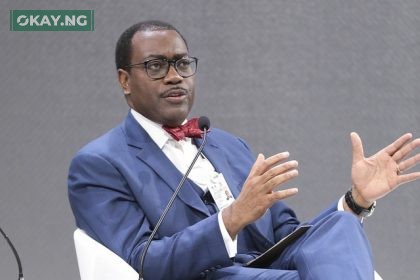The Anambra, Adamawa, and Ebonyi state governments have officially withdrawn from the lawsuit challenging the constitutionality of the Economic and Financial Crimes Commission (EFCC).
On Tuesday, the Supreme Court, led by a seven-member panel headed by Justice Uwani Abba-Aji, struck out the names of the three states from the suit after their respective attorneys-general applied for withdrawal.
The suit, which was originally filed by the Kogi State government, challenges the legality of the EFCC, claiming the anti-graft agency was not validly established by the Olusegun Obasanjo administration in 2003.
Sixteen states initially joined the legal challenge, with Kogi leading the charge.
The states involved in the lawsuit argued that the EFCC Act was passed without adherence to Section 12 of the 1999 Constitution (as amended), which governs the incorporation of international treaties into domestic law.
According to the states, domesticating the international convention on anti-corruption required the approval of the majority of state houses of assembly, which was allegedly bypassed in the creation of the EFCC Act.
The 16 states joining Kogi in the suit included Ondo, Edo, Oyo, Ogun, Nasarawa, Kebbi, Katsina, Sokoto, Jigawa, Enugu, Benue, Anambra, Plateau, Cross River, and Niger.
The states maintained that the EFCC Act cannot be applied to states that did not give their consent, raising questions about the agency’s authority to operate within those states.
The case has drawn mixed reactions, with some civil society organizations criticizing the states for challenging the EFCC’s operations at a time when the fight against corruption remains a critical issue in Nigeria.












